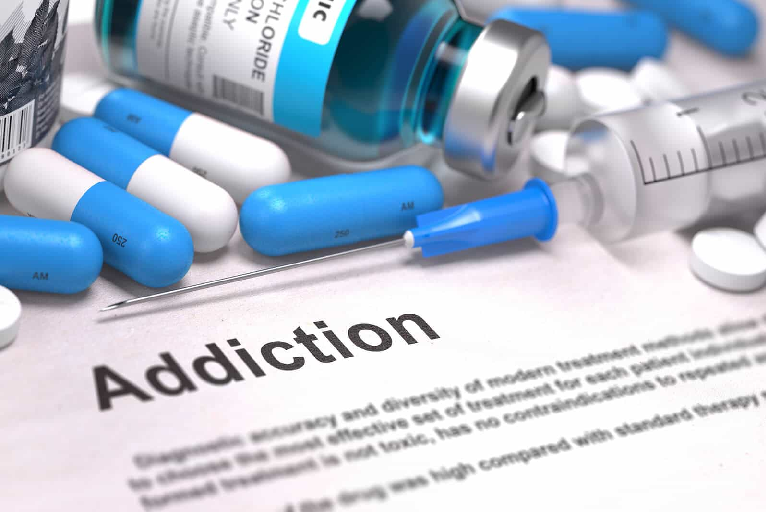Electronic health records could improve patient care coordination among providers if they were better designed for such functionality, according to a perspective article published in the Journal of the American Medical Informatics Association (JAMIA).
The authors, from RAND Corp., Brigham and Women’s Hospital, and Harvard Medical School, said that coordinating a patient’s care can involve the assembly of much disparate information and takes significant time and effort, resulting in “poor” coordination and errors. EHRs can help, they said, but not the way they’re currently designed.
The authors suggested that EHRs be designed to improve that functionality. Their recommendations included:
- Improving the ability of an EHR to support national lookups of the contact information of providers, possibly with the integration of EHRs with the National Provider Identifier (NPI) registry
- Improving the capability to send requests for collaboration to other providers, with scheduling wizards and the option to label a request as urgent
- Improving messaging and communication tools, such as voice mail, text chat, and conferencing
- Improving tools that track providers’ responsibilities for ongoing care, such as “dropping the baton” alerts.
“EHRs and HIEs do not include the tools providers need, and policy action, including support for both standards development and additional informatics research, is necessary if these tools are to be developed,” the authors said.
The more advanced stages of the Meaningful Use program place an emphasis on care coordination. Efforts are underway to develop EHR software to improve care coordination, especially for patients with chronic conditions who have a greater need for such collaboration.


























